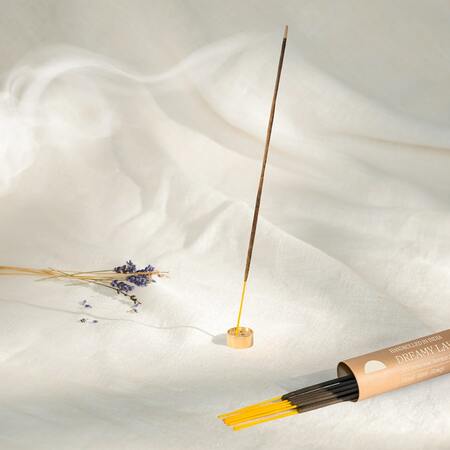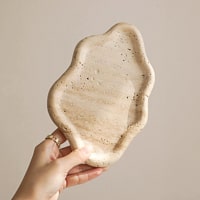
The Art of Meditation: A Path to Inner Peace
Share
In our fast-paced, hyperconnected world, finding moments of peace and self-discovery is essential for our well-being. Meditation, an ancient practice with a modern revival, offers a path to inner calm, mental clarity, and emotional balance. Whether you're a beginner or a seasoned practitioner, this blog post will guide you through the art and science of meditation.
What is Meditation?
Meditation is a technique for training the mind to achieve a state of mental clarity, emotional calm, and increased self-awareness. It involves focusing your attention and eliminating the stream of thoughts that may be crowding your mind.
The Benefits of Meditation:
-
Stress Reduction: One of the most widely recognized benefits of meditation is stress reduction. Regular practice can help lower the production of stress hormones and activate the relaxation response.
-
Improved Focus and Concentration: Meditation enhances your ability to focus, making it easier to complete tasks and stay present in the moment.
-
Enhanced Emotional Well-being: Meditation can help regulate emotions, reduce symptoms of anxiety and depression, and increase feelings of happiness and well-being.
-
Better Self-awareness: Through meditation, you can gain a deeper understanding of yourself, your thought patterns, and your reactions to different situations.
-
Enhanced Physical Health: Meditation has been linked to lower blood pressure, improved immune function, and better sleep quality.
Types of Meditation:
There are numerous meditation techniques, each with its unique approach. Here are a few popular ones:
-
Mindfulness Meditation: Involves focusing on the present moment without judgment. It's excellent for cultivating awareness.
-
Transcendental Meditation: A technique that involves silently repeating a mantra to reach a deep state of restful awareness.
-
Loving-Kindness Meditation (Metta): Focuses on developing feelings of love and compassion, often directed toward oneself and others.
-
Body Scan Meditation: Involves mentally scanning your body to release tension and promote relaxation.
How to Start Meditating:
-
Find a Quiet Space: Choose a location where you won't be easily disturbed.
-
Comfortable Posture: You can sit on a chair, cushion, or even lie down. The key is to be comfortable yet alert.
-
Set a Time: Dedicate a specific time for your practice each day. Consistency is essential.
-
Focus on Your Breath: Begin by observing your breath. Feel the sensation of the breath as it enters and leaves your body.
-
Deal with Distractions: When your mind wanders (as it inevitably will), gently bring your focus back to your breath.
-
Guided Meditations: For beginners, consider using guided meditation apps or recordings to help you get started.
Conclusion:
Meditation is a powerful tool that can help you navigate the demands of modern life with greater ease. It's a journey of self-discovery, self-care, and inner peace. So, find a quiet space, sit comfortably, and begin your meditation practice today. As you delve deeper into this ancient art, you'll unlock the transformative benefits that it offers, ultimately enriching your life in profound ways.











